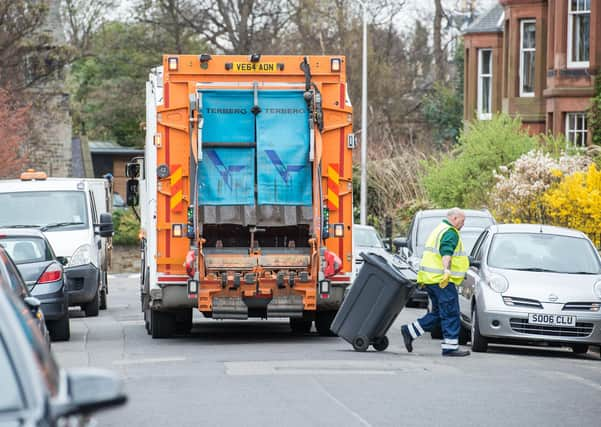Why Covid pandemic means UK should rejoin the EU – Helen Martin


THINKING about all the things family, friends, neighbours and anyone else was on the verge of planning or doing when the coronavirus lockdown began left me with a never-ending list.
Holidays, weddings, work on the house, extensions, eating out, attending concerts or theatre productions, selling or buying a house, changing their rental flat, having pals for dinner, buying a new car – maybe electric – having teeth scaled or polished or veneered, buying shoes and clothes for summer, buying a flat to let, taking out an extra insurance policy, opening a savings account or signing up for a purchase both of which with minimum monthly payments, Botox injections, joining a gym . . . .
Advertisement
Hide AdAdvertisement
Hide AdBusinesses had closed, personal contact wasn’t possible, the majority of salaries and wages were either cut back or had come to an abrupt end.
Those with their own businesses are at least temporarily ruined and have no idea if, or how long it will take, for customers to come back. And who, right now, would want to buy their business?
Online businesses can still operate, and for essential or desired and deliverable items, they might be doing okay – for a while. Tourism is frozen, of course. Hotel chains, restaurants and bars have no income. Lucky business staff have furlough – which may not last much longer.
But when so many have lost their earnings, or fear they will, and many could wind up on benefits (if they are entitled) then yes, it’s not just the national economy we keep hearing is collapsing, it’s the economy of potential customers and individuals.
Advertisement
Hide AdAdvertisement
Hide AdAll this is obvious of course but the punchline is . . . how is anyone going to be able to pay higher council and national tax?
It’s inevitable that tax rates will be racked up to pay back the government loans that were borrowed to help us all survive this crisis. Yet how many years will it take, once we have protecting vaccines, for people to build up careers again? The same has to be said for local councils. Like other businesses Edinburgh Council has lost the income it gets from paid-for services, Edinburgh Leisure, the bus service, parking charges and the arms-length companies it owns. So, it seems Edinburgh taxpayers could be hit with a bill of more than £50m. Not to mention indulgent tram debt. How can we afford that?
There are two changes to local and national – especially UK – government, we desperately need to happen.
The first is that they go back in time to the basics. Taxes are paid so they can provide the local and national services which we need to live, everything from housing and refuse disposal to the NHS. These are the priorities.
Advertisement
Hide AdAdvertisement
Hide AdIf councils provide buses and gyms for local use, fair enough. That used to be the case. But entering into commercial businesses in deals from which they expect profits is risky. Why should the public be responsible for commercial losses? If the UK government wants to replace Trident, create the HS2, and other projects, and if it owes billions in loans from Covid-19, why allow the massively rich (including some MPs) to avoid tax by using havens? And why instead expect people struggling to pay rent and food bills to pay more tax?
One way or another after this crisis, the way our economy works will have to change radically, along with climate change. What some won’t like is that we can’t carry on as a little island with poor people and huge debts. We need global partnership, or at least, to be back in the EU.
Comment Guidelines
National World encourages reader discussion on our stories. User feedback, insights and back-and-forth exchanges add a rich layer of context to reporting. Please review our Community Guidelines before commenting.